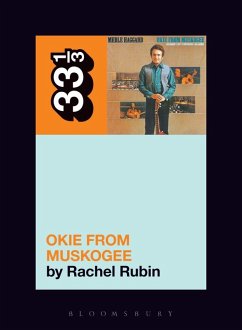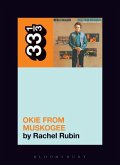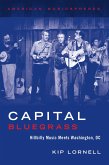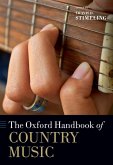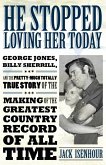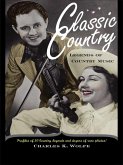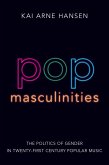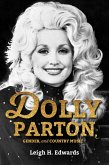Every now and then, a song inspires a cultural conversation that ends up looking like a brawl. Merle Haggard's Okie from Muskogee, released in 1969, is a prime example of that important role of popular music. Okie immediately helped to frame an ongoing discussion about region and class, pride and politics, culture and counterculture. But the conversation around the song, useful as it was, drowned out the song itself, not to mention the other songs on the live album-named for Okie and performed in Muskogee-that Haggard has carefully chosen to frame what has turned out to be his most famous song. What are the internal clues for gleaning the intended meaning of Okie? What is the pay-off of the anti-fandom that Okie sparked (and continues to spark) in some quarters? How has the song come to be a shorthand for expressing all manner of anti-working class attitudes? What was Haggard's artistic path to that stage in Oklahoma, and how did he come to shape the industry so profoundly at the moment when urban country singers were playing a major role on the American social and political landscape?

